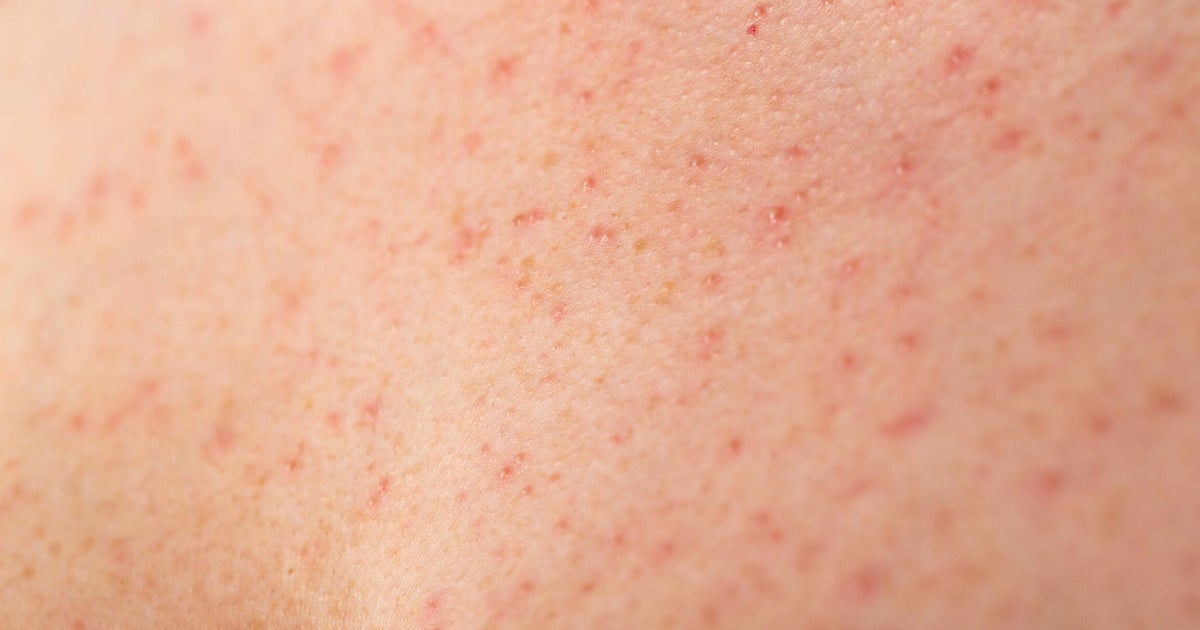Salmonella outbreak tied to pet turtles
The Centers for Disease Control and Prevention is investigating a salmonella outbreak linked to contact with pet turtles.
So far, there have been reports of 37 people infected from 13 states from March 1 to August 3. Twelve of those sickened are children under the age of 5. The CDC says 16 people have been hospitalized, but no deaths have been reported.
Investigators have linked the outbreak to direct contact with pet turtles or their environments, such as water from the reptiles' tanks.
Since 1975, the FDA has banned selling and distributing turtles with shells less than 4 inches long as pets because they are often tied to salmonella infections, especially among young kids.
However, all turtles, regardless of size, can carry the bacteria — even if they look healthy and clean.
Symptoms of salmonella infection include diarrhea, fever, chills, and abdominal pain. Most people recover in less than a week, but severe infections may require hospitalization with the patient needing IV treatment and antibiotics. Young children, the elderly, and those with impaired immune systems are more likely to get severely ill.
The CDC says the current outbreak is likely to continue since consumers might not be aware of the risk of salmonella infection from pet turtles.
To keep yourself and your family safe, the CDC recommends the following tips:
- Do not purchase, or give as a gift, turtles with a shell length of less than 4 inches in size.
- Wash hands thoroughly with soap and water immediately after handling turtles or anything in the area where they live or roam.
- Keep turtles out of homes with children younger than 5 years, adults older than 65 years, or people with weakened immune systems.
- Do not allow turtles to roam freely in the home or living area, especially in food preparation areas.
- Thoroughly clean and disinfect bathtubs that are used to bathe turtles or wash their dishes, cages, or aquariums. Kitchen sinks should not be used for these purposes.



